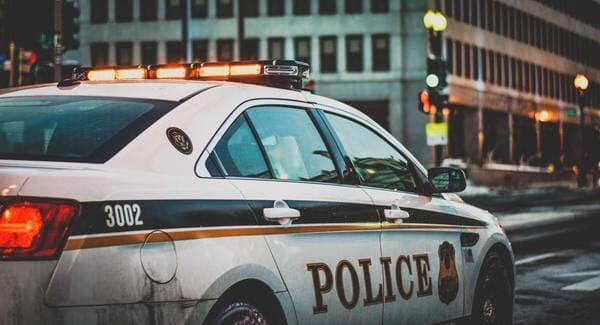
We’ve written a lot on this blog about the social injustices created by outdated federal marijuana laws. We’re not done yet.
More than just costly and ineffective, the ongoing war on drugs has made an outsized impact on black and brown communities. Indeed – the continuing federal prohibition of cannabis costs taxpayers billions each year, and research has proven the strategy has been almost completely ineffective in reducing consumption or availability. But what’s more, the racial bias in cannabis enforcement can lead to convictions that impair people’s ability to get a job, rent an apartment, or even vote.
Despite the large number of states that have legalized or decriminalized, people of color are still more likely to be arrested for cannabis than white people—although their usage rates are comparable.
In recent reporting, the American Civil Liberties Union (ACLU) pointed out that although overall arrest numbers have decreased in states that have ended prohibition, racial disparities linger in the remaining enforcement in those places. Elsewhere, in states where cannabis remains illegal, black people are arrested for marijuana almost ten times as often as white people.
Here are the key takeaways of the report, called “A Tale of Two Countries: Racially Targeted Arrests in the Era of Marijuana Reform:”
Cannabis Arrests are Still Prolific Across the Country
Since 2010, cannabis arrests have dropped by 18 percent, but since 2015 there has been a rise, despite the legalization or decriminalization policies sweeping the nation. Marijuana arrests accounted for just under half of all drug arrests in 2018, the most recent year the research covers, and 89 percent were arrested for possession alone.
Massive Racial Disparities Persist
Black people are consistently more likely to be arrested for possession than whites—over three times more—even though their usage rates are almost identical. In every state across the country, African Americans are more likely to be arrested, and even the legalization movement hasn’t reduced these trends. In some parts of the country, it has gotten worse.
“The U.S. has waged a failed, devastating, decades-long war on drugs, including marijuana, in specific communities. Rounding up hundreds of thousands of people every year—millions every decade—for marijuana offenses, this racist campaign has caused profound and far-reaching harm on the people arrested, convicted, and/or incarcerated for marijuana offenses,” ACLU said. “Such harm cannot be undone, but as a country we can acknowledge, repair, and rebuild so that our future looks nothing like our prohibitionist past.”
Decriminalization Helps, But Legalization is Better
The ACLU research found that cannabis-related arrests drop after decriminalization measures are enacted, but fall more sharply in states that have fully legalized.
Arrest rates are about eight times higher in states that have decriminalized versus those that have fully legalized, although they are lower than in those states who have done neither. Arrests for selling marijuana in states that have legalized dropped over 80 percent between 2010 and 2018, while decriminalized states experienced a 33.6 percent reduction during that same timeframe.
Racial Disparities Continue Despite Policy Reforms
Although arrests have fallen overall, African Americans still continue to be worse affected by marijuana laws than whites, even in states that have decriminalized or legalized.
“In every state that has legalized or decriminalized marijuana possession, Black people are still more likely to be arrested for possession than white people. Most jurisdictions that have enacted progressive marijuana policy have failed to do so from a foundation of racial justice,” the report warns. “As such, though legalization and decriminalization appear to reduce the overall number of marijuana possession arrests for black and white people alike, such laws have not substantially reduced, let alone eliminated, the significantly larger arrest rates of black people,” ACLU found.
In order to move forward and rectify past injustice, the ACLU recommends that federal and state governments fully legalize, expunge prior convictions and grant clemency to people still incarcerated on cannabis changes. The group further urges that new markets are made equitable and inclusive to those most harmed by the war on drugs.


Recent Comments